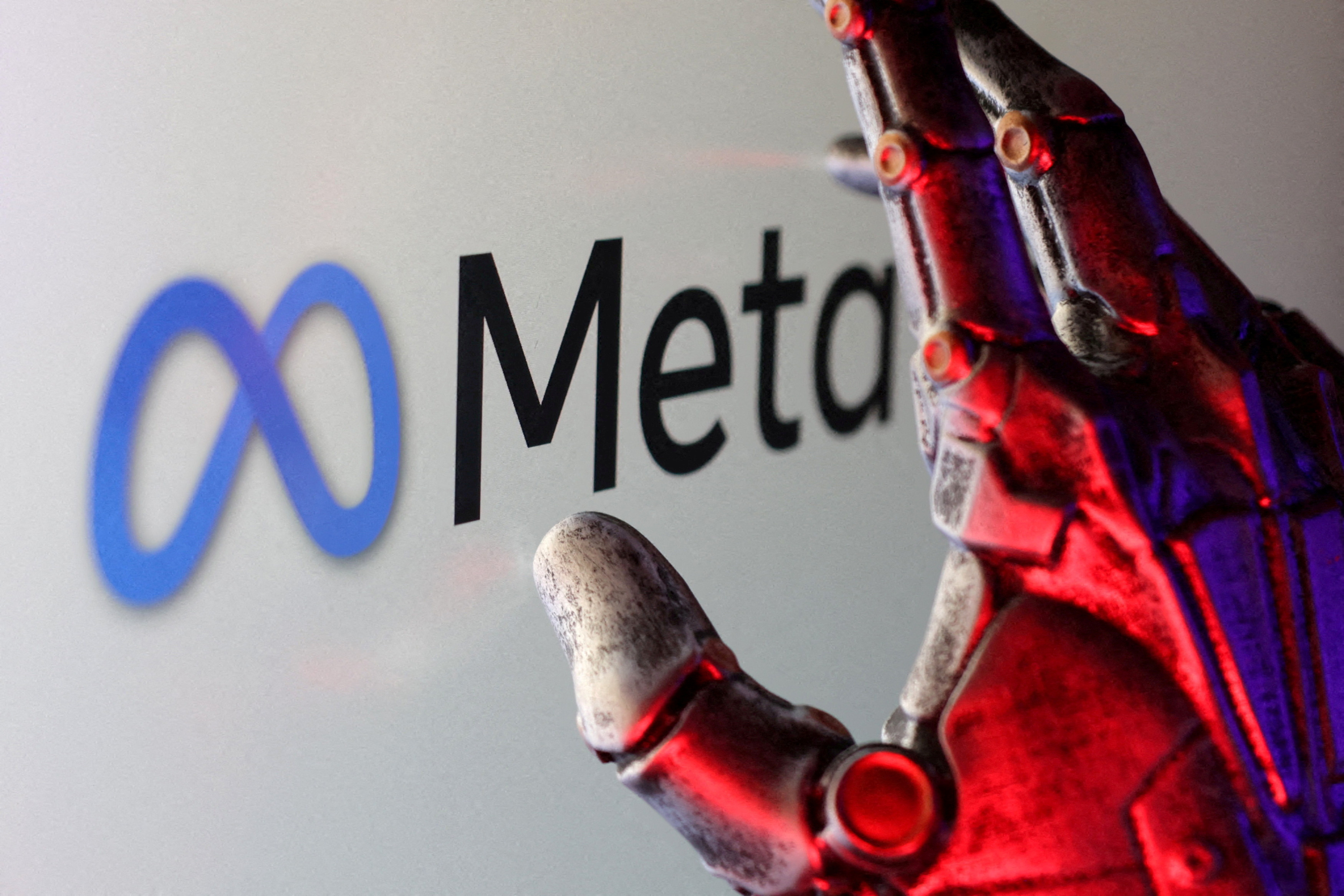Facebook parent company Meta Platforms META.O defeated a U.S. attempt to unwind its acquisitions of Instagram and WhatsApp on Tuesday when a federal judge ruled the company does not hold a social media monopoly.
The ruling gives Big Tech its first decisive win against the antitrust crackdown started in President Donald Trump’s first term, and is a major setback for the U.S. Federal Trade Commission, which is pursuing a separate antitrust case against Amazon.com AMZN.O. The agency sought to force Meta to restructure or sell Instagram and WhatsApp to restore competition, saying the company spent billions of dollars on the acquisitions to eliminate nascent competitors.
Meta shares pared losses after the news, and were down just under 1% in afternoon trading.
“Our products are beneficial for people and businesses and exemplify American innovation and economic growth,” a Meta spokesperson said. “We look forward to continuing to partner with the Administration and to invest in America.”
The FTC did not immediately respond to a request for comment.
The company had argued at trial that buying companies that excelled in new features instead of building competitor products was a valid business strategy, and that the FTC had ignored competitive pressure from ByteDance’s TikTok, Google’s YouTube and Apple’s AAPL.O messaging app, among others.
U.S. District Judge James Boasberg in Washington largely agreed with Meta that social media has shifted since the days when Facebook was used mostly for personal status updates shared with family and friends.
“The landscape that existed only five years ago when the Federal Trade Commission brought this antitrust suit has changed markedly,” Boasberg said.
Boasberg said the FTC had incorrectly excluded YouTube and TikTok from the market where it challenged Meta’s dominance. “Even if YouTube is out, including TikTok alone defeats the FTC’s case,” the judge said.
The case is part of a larger antitrust crackdown on Big Tech in the U.S., which also includes claims by the Department of Justice against Alphabet’s GOOGL.O Google and a case against Apple.






Click here to change your cookie preferences